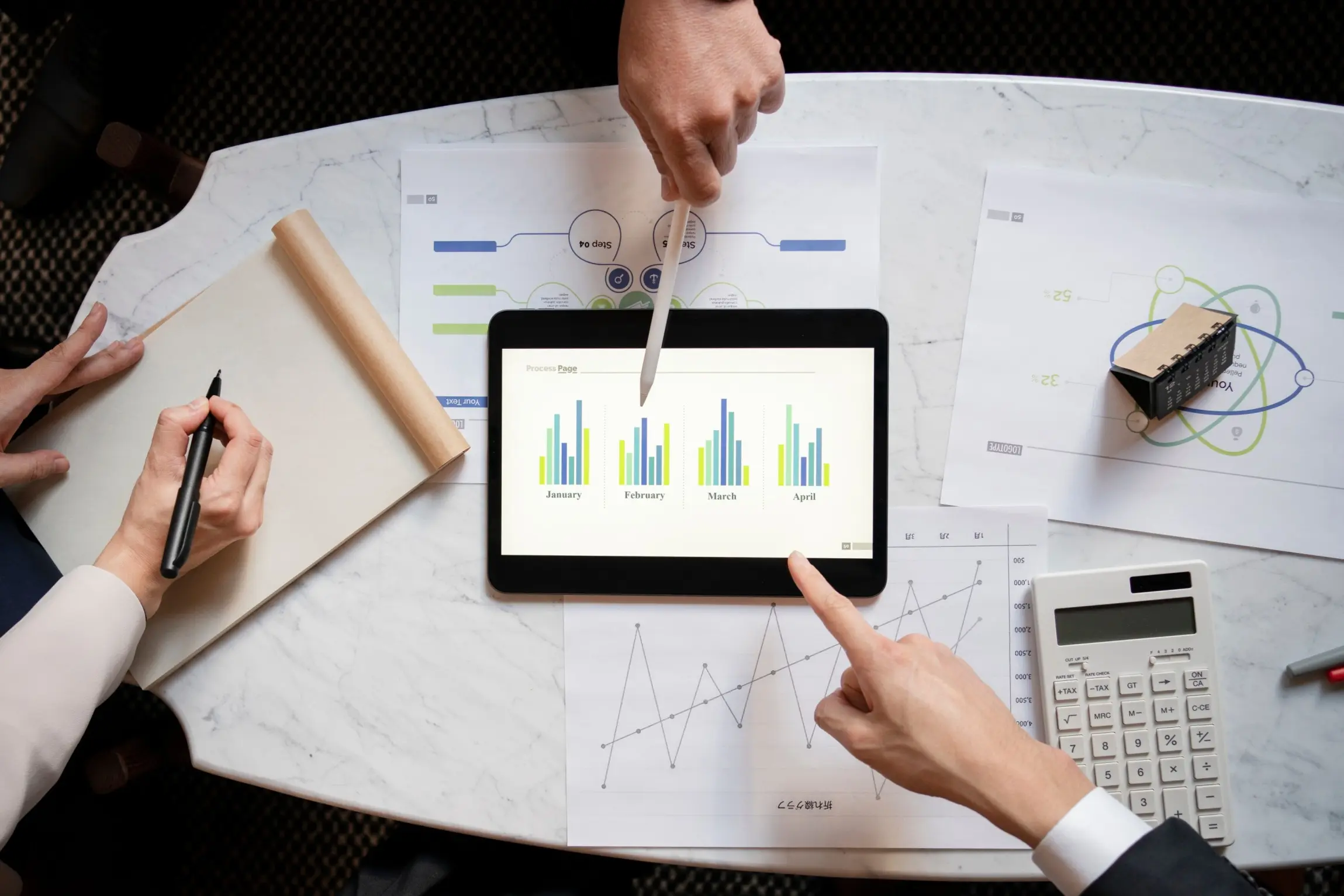Data Ethics: Why Responsible Analytics Should Be a Business Priority

Introduction
We live in a world powered by data. Businesses everywhere are collecting it, analyzing it, and using it to drive decisions from product recommendations to pricing strategies and hiring. But here’s the thing data isn’t just numbers or code. It’s people. Their habits, choices, locations, income, family, health, fears, and dreams. And if we’re going to use data to fuel progress, we need to ask a simple but critical question: Are we using it responsibly?
At OneData Software, we believe responsible analytics isn’t just a checkbox it’s a foundation. Because if you mishandle data, you’re not just risking regulatory trouble—you’re also losing trust. And once that’s gone, so is your credibility.
Let’s break down what data ethics really means and why your business should treat it as a top priority.
What Is Data Ethics, Really?
Data ethics is about how you collect, manage, use, and share data in ways that respect people and society. It means asking questions like:
- Do we actually need this data?
- Are we protecting it properly?
- Are we using it in a way that’s fair and unbiased?
This isn’t just about following laws it’s about building a culture of respect around the data you use every day.
Why Should Businesses Care About Responsible Analytics?
- People Are Paying Attention
Users are no longer passive. They care about how their data is being handled. If your policies feel shady or unclear, you risk losing trust and users.
- It’s Good for Business
Ethical data practices reduce your legal risk, strengthen your brand, and improve customer retention. When people feel safe sharing with you, they’re more likely to come back.
- Bias in Analytics Can Hurt Real People
Unintentional bias in algorithms can exclude, harm, or discriminate. Responsible analytics starts with diverse datasets, frequent testing, and human review not blind trust in models.
- Data Abuse Shuts Down Innovation
If customers feel manipulated or spied on, they’ll stop sharing. Without data, your AI or analytics tools become useless. Ethical practices keep your insight pipeline open.
How to Build an Ethical Analytics Culture
You don’t need to overhaul your business overnight. Start small but start with intention. Here are practical steps:
Collect Data with a Purpose
Stop hoarding data. Only collect what’s necessary. If you can’t explain why you need a certain field, don’t ask for it.
Be Transparent
Don’t hide behind legalese. Make your privacy policies simple and readable. Be upfront about how you use data.
Respect User Choice
Give users control—opt-outs, permissions, and the ability to delete their data. Make it easy.
Run Bias Checks
Test your algorithms regularly. Ask tough questions about fairness. If one group is consistently misrepresented or overlooked, fix it.
Secure Everything
Encryption, access controls, regular audits—if you lose data, you lose more than information. You lose credibility.
Train Your Team
Your data policy is only as strong as the people following it. Train your team and make data ethics a key part of your onboarding process.
How OneData Software Embeds Ethics into Every Solution
We’re not just a data analytics company we’re a technology partner who believes data should be used with care and clarity. Here’s what that looks like in practice:
- Minimal data collection: Our systems only request what’s needed, not what’s convenient.
- Data transparency: Clients know how their data flows, how it’s stored, and who can access it.
- Customizable dashboards: Tools that offer clear, explainable insights—no black-box automation.
- Ongoing compliance: We track global data laws and help our clients stay ahead of changes.
Whether you’re in healthcare, finance, retail, or logistics, we help you build analytics that serve people not just profits.
Final Thoughts: It’s About Respect
Ethical data analytics isn’t about slowing down innovation; it’s about building smarter, more trusted systems. It’s about remembering that behind every data point is a person who trusted you.
So, the next time your team builds a dashboard, runs a campaign, or launches a new AI model, ask:
Are we being respectful? Are we being fair? Are we being honest?
Because in a data-driven world, ethics isn’t a burden. It’s your edge.
FAQs: Data Ethics in Business
1. What are some examples of data ethics in action?
- Not tracking users without consent
- Giving people access to their data
- Removing bias from AI models
- Being honest about what data is collected and why
2. How does data ethics benefit my business directly?
It builds customer trust, protects you from legal issues, improves brand reputation, and ensures better-quality insights by keeping user engagement high.
3. Is following GDPR or Indian data laws enough to be ethical?
Not always. Legal compliance is the minimum. Ethics goes beyond what’s legal and asks: Is this right? Is this fair?
4. What industries need to care most about data ethics?
All do, but especially:
- Healthcare: dealing with sensitive medical info
- Finance: storing personal and transactional data
- Retail/eCommerce: tracking buyer behavior
- HR/Recruiting: using data to make hiring decisions
5. Can OneData Software help implement ethical analytics practices?
Absolutely. We help businesses design data systems that are both powerful and ethical—covering data governance, access controls, audit trails, and model transparency.
See how we do it →
Need help making your data strategy more responsible and future-ready?
Let’s have a conversation. At OneData Software, we’re here to build what’s right—not just what’s easy.
Contact Us | Explore Data Analytics Services
Table of content
- Introduction
- What Is Data Ethics, Really?
- Why Should Businesses Care About Responsible Analytics?
- How to Build an Ethical Analytics Culture
- How OneData Software Embeds Ethics into Every Solution
- Final Thoughts: It’s About Respect
- FAQs: Data Ethics in Business
- Need help making your data strategy more responsible and future-ready?










